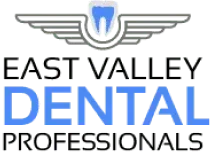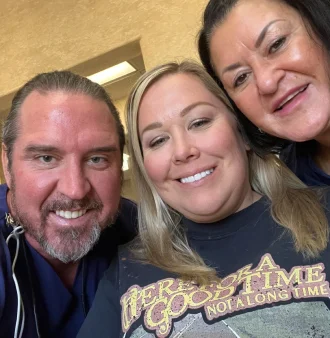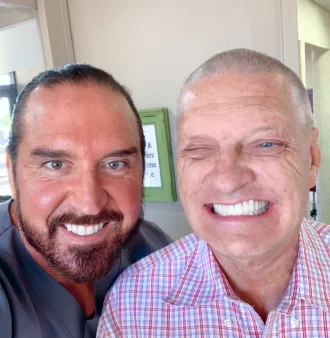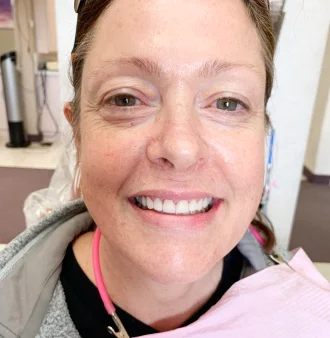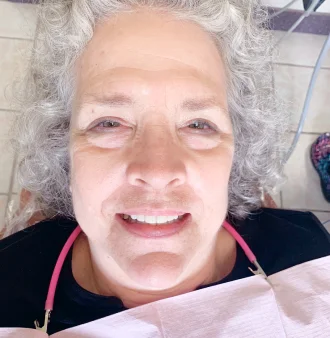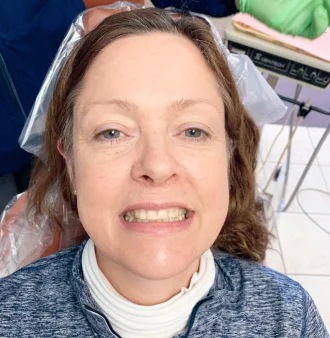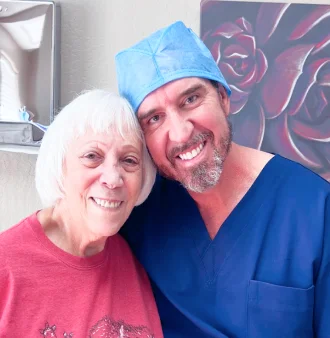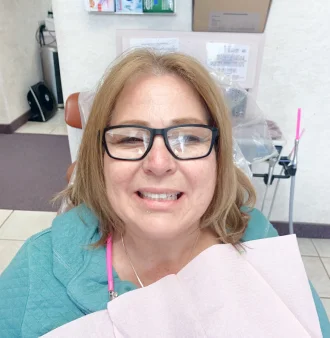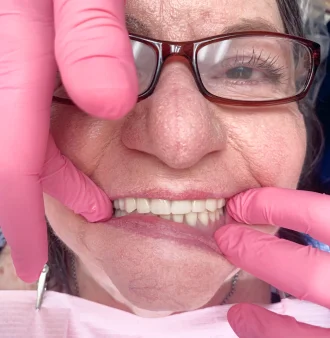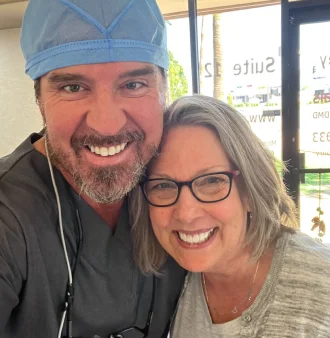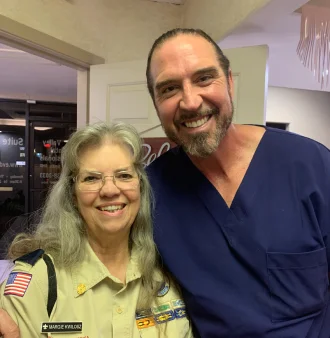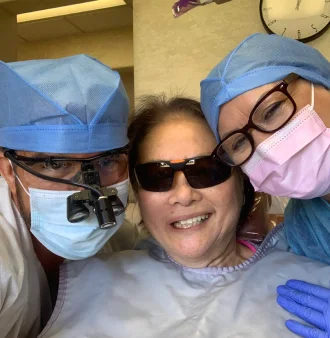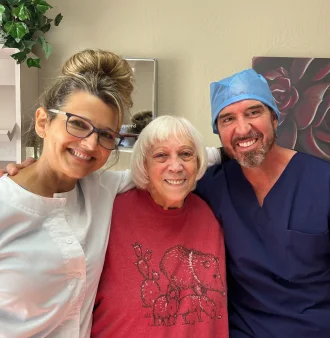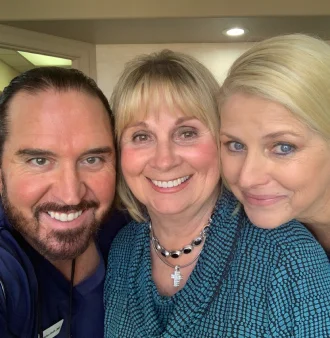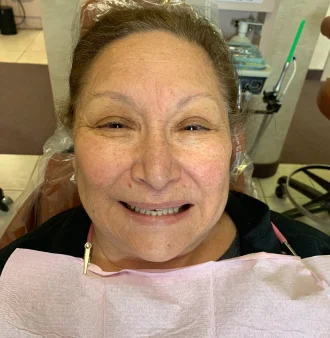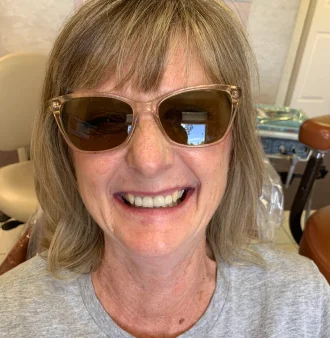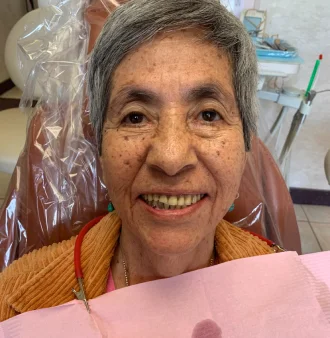Grinding, Bruxism and TMD
People grind their teeth once in a while, when they are angry, when they under stress, or when they are sleeping. When this happens occasionally, it usually does not cause harm. However, if the grinding occurs frequently or on a regular basis, like during sleep, the teeth could get damaged which can give rise to other oral health complications as well.
Benefits
- Prevents Tooth Damage: Treatment reduces excessive wear and tear on teeth, preventing chips, fractures, and enamel erosion.
- Alleviates Jaw Pain: By reducing the frequency and intensity of grinding, treatment can lessen jaw pain and discomfort.
- Reduces Headaches: Managing bruxism can decrease the occurrence of tension headaches and migraines associated with chronic grinding.
- Improves Sleep Quality: Using custom night guards can lead to more restful sleep by preventing grinding during the night.
- Protects Dental Work: Reduces the risk of damaging existing dental work such as crowns, veneers, and fillings.
- Decreases TMD Symptoms: Effective management of teeth grinding can alleviate symptoms of temporomandibular joint disorder (TMD).
What people say
about Us
I've been a patient for fifteen years and I couldn't imagine going elsewhere. Everyone is professional, kind and the best of the best! I've had most every oral procedure and each has been flawless.
They are always friendly, attentive, have quick service and respond quickly to questions.
EVDP is amazing, the patient care is top notch and they do beautiful work! I felt so taken care of as patient and strongly recommend their services!
The visit was great I hope I can come up with the money some he can fix my mouth for me. At 53 have never had a kinder Dr. in my mouth. Wish I had insurance so he could do my work today.
Everyone was helpful and kind. I appreciate the introductions of who people were. My stay was pleasant and I'm hopeful my tooth problem is resolved.
Grinding and Bruxism
Grinding is the general term used when you rub your teeth against each other forcefully, causing a friction and rough sound. Teeth grinding is medically known as bruxism. Occasional teeth grinding is normal. But regular teeth grinding is something else. While there is no direct cause of bruxism, the usual suspects include depression, caffeine and alcohol intake, smoking, anxiety, stress and sleep disorders. Research shows that people who have sleep disorders are more likely to grind their teeth at night than other people.
The problem with bruxism or chronic teeth grinding is that it can cause dental and oral health complications. In some cases, it can result in loss, loosening, fracture, or wearing out of the teeth. When this happens, you may need dental attention like dentures, crowns or bridges, depending on the extent of damage caused by the grinding.
TMD
One of the possible complications that could result from chronic teeth grinding is TMD, which is short for temporomandibular joint disorder. This is the disorder which affects the joint and muscles that connect the jaw to the temporal bones of the skull. This joint plays an important role in your mouth. It allows one to chew, talk, yawn and practically any movement that involves the teeth and the mouth. Aside from teeth grinding, TMD can also be due to arthritis, stress in the facial and jaw muscles and whiplash.
Teeth grinding is a bad habit that’s hard to break, mainly because one usually does not have control over it, such as when it is caused by a sleep disorder. People are often unaware that they grind their teeth regularly, especially when they are anxious or under a lot of stress. With this, it is important that you seek the help of a medical professional. A dentist can help evaluate your teeth and your overall oral health to determine the extent of the damage caused by bruxism. This is necessary for the proper dental action that would have to be taken.
Dental Solutions for Grinding, Bruxism and TMD
Treating grinding, bruxism and TMD is not as simple as “stopping.” These habits are uncontrollable. And oftentimes, people are not aware that they are already grinding their teeth. The good news is that there are dental solutions for these problems.
Here are East Valley Dental Professionals, Dr. Collins will get you the right solution to your problem. If you grind your teeth at night, you may be required to wear night guards. Depending on the results of your dental assessment, our professionals may also require you to use occlusal bite guards, bite plates and other bruxism. These are all designed to protect the teeth as well as the temporomandibular joint from getting damaged when you grind your teeth. They are usually worn at bedtime since bruxism often happens when people are unaware of such habit, like when they are asleep. Set a dental appointment with us today and say goodbye to teeth grinding.
Your Smile's Happy Place! Come visit us and see why
Fun atmosphere, friendly staff, and zero dentist nightmares
